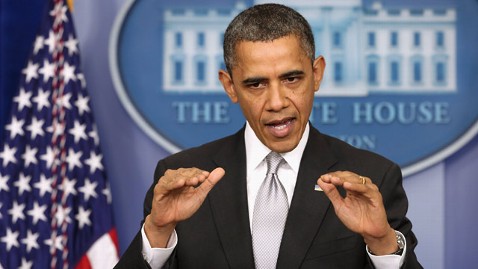A protester calls for greater media freedom outside the headquarters of Nanfang Media Group in Guangzhou on Jan. 9.
STORY HIGHLIGHTS
- Young: Handling of Southern Weekly row demonstrated tolerant side of new leadership
- Traditional, newer media can serve as tools for achieving goals in China's modernization
- The fight against corruption in China is at the top of the list for incoming leader, Xi Jinping
- Young: Media has also emerged as an important tool for combating other social problems
Editor's note: Doug Young teaches financial journalism at Fudan University in Shanghai and is the author of The Party Line: How the Media Dictates Public Opinion in Modern China published by John Wiley & Sons. He also writes daily on his blog, Young's China Business Blog, commenting on the latest developments in China's fast-moving corporate scene.
Shanghai, China (CNN) -- China's traditional iron-handed approach to the media has taken a surprise turn of tolerance with Beijing's soft handling of a recent dispute with local reporters, in what could well become a more open attitude toward the media under the incoming administration of presumed new President Xi Jinping.
The new openness is being driven in large part by pragmatism, as the government realizes that both traditional and newer media can serve as powerful tools for achieving many of its goals in the country's modernization.
The recent conflict between reporters at the progressive Southern Weekly and local propaganda officials over a censorship incident left many guessing how the government would respond to the first clash of its kind in China for more than 20 years. The result was a surprisingly mild approach, including mediation by a high-level government official and a vague promise for less censorship in the future.
Read: Censorship protest a test for China
The unusually tolerant tack could well reflect a new attitude by Xi and other incoming leaders set to take control of China for the next decade, all of whom have come to realize the media can serve many important functions beyond its traditional role as a propaganda machine.
At the top of Xi's list is the fight against corruption, a problem he has mentioned frequently since taking the helm of the Communist Party last year. The party has tried to tackle the problem for years using its own internal investigations, but progress was slow until recently due to protection many officials received through their own sprawling networks of internal relationships, known locally as guanxi.
Read: Corruption as China's top priority
All that began to change in the last two years with the rapid rise of social media, most notably the Twitter-like microblogs known as Weibo that are now a pervasive part of the Chinese Internet landscape and count hundreds of millions of ordinary Chinese among their users. Those social media have become an important weapon for exposing corruption, allowing thousands of ordinary citizens to pool their resources and build cases against officials they suspect of using their influence for personal gain.
This increasingly sophisticated machine was on prominent display last year in a case involving Yang Dacai, a local official in northwestern Shaanxi province who infuriated the online community by smiling at the site of a horrific accident scene. Netizens quickly turned their outrage into an online investigation, and uncovered photos of him wearing several luxury watches he could hardly afford on his government salary. As a result, the government ultimately opened an investigation into the matter and Yang was sacked from his posts.
In addition to its role in battling corruption, the media has also emerged as an important tool for combating and addressing many of the other social problems that China is facing in its rapid modernization. Barely a week goes by without a report on the latest national food safety scandal or case of illegal pollution in both traditional and social media, with such reports often followed by government investigations.
Beijing leaders have also discovered that the media can also be an important vehicle for improving communication between the government and general public -- something that was a low priority in previous eras when officials only cared about pleasing their higher-up party bosses.
Following a Beijing directive in late 2011, most local government agencies and other organizations have all established microblog accounts, which they use to keep the public informed about their latest activities and seek feedback on upcoming plans. Such input has become a valuable way to temper traditional public mistrust toward the government, which historically didn't make much effort to include the public in any of its internal discussions.
Lastly, the government has also discovered that media, especially social media, can be an effective tool in gauging public opinion on everything from broader national topics like inflation down to very local issues like land redevelopment. Such feedback was difficult to get in the past due to interference by local officials, who tried to filter out or downplay anything with negative overtones and play things up to their own advantage. As a result, central government officials often received incomplete pictures of what was happening in their own country.
With all of these valuable roles to play, the media has become an increasingly important part of Beijing's strategy in executing many of its top priorities.
The government also realizes that a certain degree of openness is critical to letting the media perform many of those roles, which may explain its relatively tolerant approach in the recent Southern Weekly conflict. Such tolerance is likely to continue under Xi's administration, helping to shift more power towards a field of increasingly emboldened reporters at both traditional and new media and away from their traditional propaganda masters.
Follow @CNNOpinion on Twitter.
Join us at Facebook/CNNOpinion.
The opinions expressed in this commentary are solely those of Doug Young.












